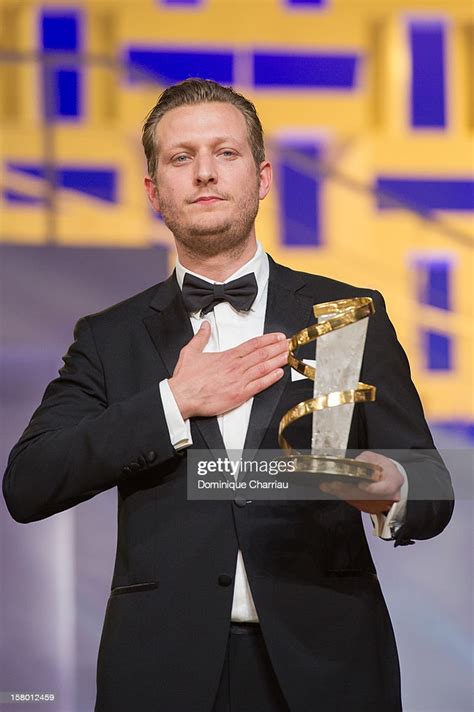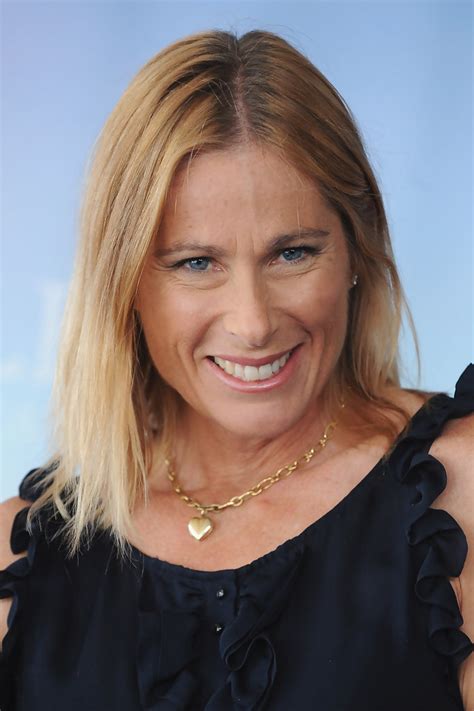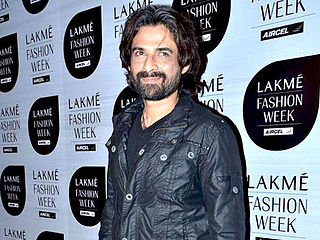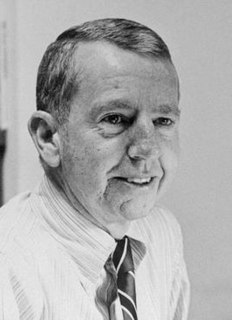A Quote by Jean-Luc Godard
I write and film history; I don't make it. One can be a good critic and a moral observer, but one remains professionally detached as a writer and a filmmaker.
Related Quotes
It is necessary a writing critic should understand how to write. And though every writer is not bound to show himself in the capacity of critic, every writing critic is bound to show himself capable of being a writer; for if he be apparently impotent in this latter kind, he is to be denied all title or character in the other.
Before, I was writing a script to make a movie. At a certain point, I became A Writer in Film and Television. So I got TV deals to write stuff, film deals to write stuff. But it's dangerous. I got into the WGA, and I became kind of, you know, a slave! They just pay you to write a script, and it's hard to make the movies.
In this land of unlimited opportunity, a place where, to paraphrase Woody Allen, any man or woman can realize greatness as a patient or as a doctor, we have only one commercial American filmmaker who consistently speaks with his own voice. That is Woody Allen, gag writer, musician, humorist, philosopher, playwright, stand-up comic, film star, film writer and film director.
At best, the relationship between drama critic and playwright is a pretty twiggy affair. When I'm asked whom I write for, after the obligatory, I write only for myself, I realize that I have an imaginary circle of peers - writers and respected or savvy theatre folk, some dramatic writers and some not, some living, some long gone. . . . Often a writer is aware as he works that a certain critic is going to hate this one. . . . You don't let what a critic might say worry you or alter your work; it might even add a spark to the gleeful process of creation.



































